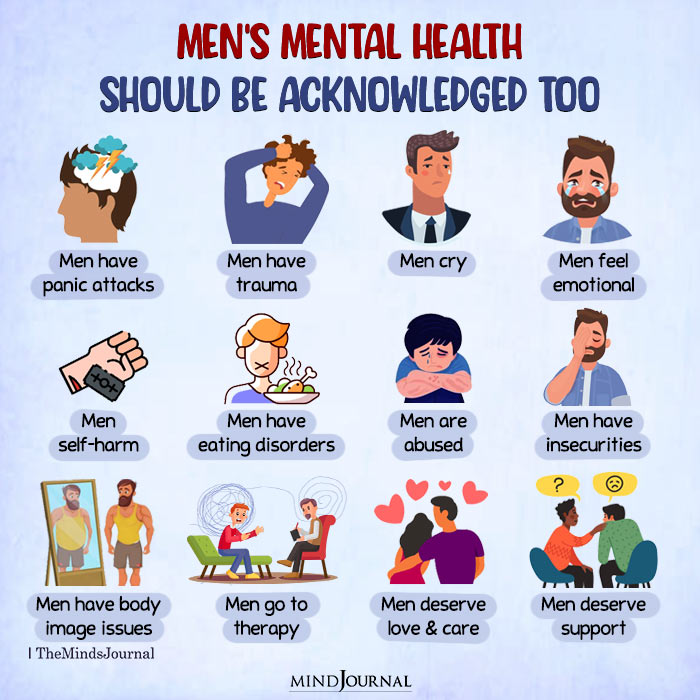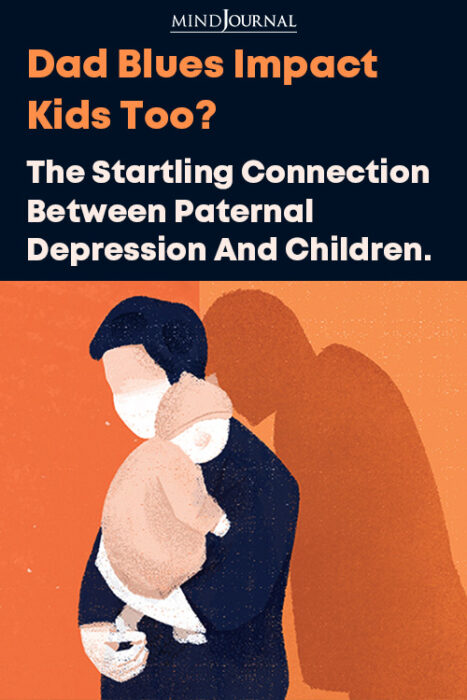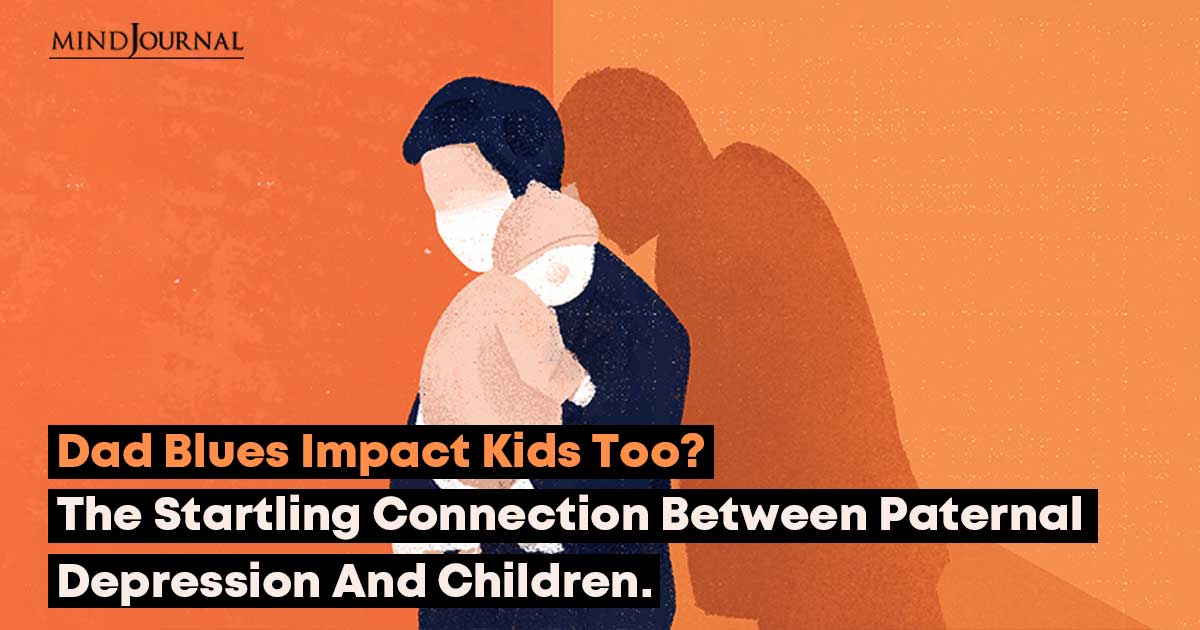In a groundbreaking revelation, experts are shedding light on the often-overlooked phenomenon of postpartum depression in fathers.
While the focus has largely been on maternal mental health, recent research underscores the significant impact paternal mental well-being can have on a child’s well-being and development.
This growing awareness comes as a new postpartum pill for women gains national attention, raising questions about the equitable recognition of both parents’ mental health needs following childbirth.
Read more here: New Postpartum Depression Pill Shows Significant Improvement In Symptoms, As Per Trial Study And Research
Postpartum Depression In Fathers Affecting Child’s Mental Well-being
Traditionally, the spotlight on postpartum depression has centered on mothers, but this new wave of understanding emphasizes that dads can also experience this condition.
Surprisingly, research indicates that 1 out of every 10 fathers experiences postpartum depression and anxiety, a reality that frequently remains obscured due to societal norms and expectations.
A recent study, published in JAMA Network Open, delves into the intricate relationship between paternal mental health and its repercussions on a child’s mental health.
Examining 16 studies conducted between 2002 and 2021, involving over 7 million father-child pairs, researchers unveiled a compelling link.
Paternal depression was found to elevate the risk of depression in the child by a staggering 42%.
This revelation defies the conventional wisdom that a mother’s mental health is the sole predictor of a child’s emotional development, spotlighting the crucial role fathers play.
A distinctive aspect of paternal depression is its often atypical presentation compared to maternal depression.
Societal norms discourage men from openly expressing emotions, resulting in symptoms that manifest differently.
While women might exhibit classic signs like hopelessness and mood swings, men’s postpartum symptoms are frequently channeled through anger and externalized coping mechanisms.
Read more here: 5 Major Signs Of Mental Health Issues In Men
Dr. Robyn Horsager-Boehrer, an expert from the University of Texas Southwestern Medical Center, pointed out symptoms that men might experience,
- Anger and sudden outbursts
- Irritability
- Increased use of substances
- Low motivation
- Poor concentration
- Suicidal thoughts
- Withdrawal from relationships
- Changes in work habits
Despite not undergoing hormonal changes akin to those experienced by women, men are not immune to postpartum depression.
Hormonal shifts, particularly decreases in testosterone, have been linked to a heightened risk of depression in men.

The timing of postpartum depression also differs; while women typically experience it within the first month of giving birth, men’s risk peaks around three to six months after childbirth, sometimes persisting into their child’s early childhood.
A significant contributor to paternal depression is societal perception. Even with a rise in the number of stay-at-home dads, society often marginalizes their parenting role, fueling feelings of inadequacy and isolation.
Read more here: Father Vs Dad: 6 Important Differences Between Being A Father And Being A Dad
Associate Professor Fisher highlighted that many fathers lack the blueprint for parenthood due to absent fatherly role models, which compounds their struggles.
Although progress is being made in recognizing paternal postpartum depression, it remains an uphill battle.
Fathers seeking help can join support groups or consult primary care or mental health providers. However, a pressing need exists for a more inclusive clinical setting that accommodates men’s mental health needs.
Obstetric and pediatric appointments, which have typically targeted mothers, are prime opportunities to screen why dads develop postpartum depression and anxiety.
This is backed by a 2020 editorial from the Journal of the American Academy of Pediatrics advocating for mental health assessments of all new parents, regardless of gender.
For this vital cultural shift to take place, the medical system must become more approachable and gender-neutral.
The stigma that prevents men from engaging in healthcare must be dismantled. Fathers must not be alienated from a system that has historically sidelined them.
Initiatives encouraging fathers’ active involvement in child wellness visits and comprehensive mental health screenings are integral to changing the narrative and providing fathers with the support they need.
In a world where the dynamics of parenthood are evolving, acknowledging the impact of paternal postpartum depression fathers on a child’s mental health is not just a crucial step forward; it’s a moral imperative.
The overlooked struggles of fathers are now being brought into the light, urging us to embrace a more comprehensive approach to family well-being.









Leave a Reply
You must be logged in to post a comment.